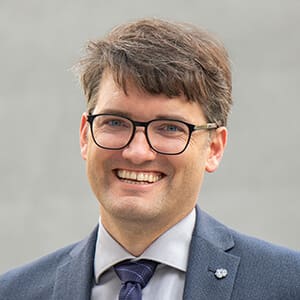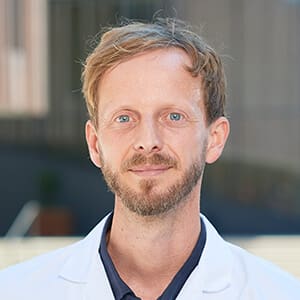Research Areas
Our research areas include a wide variety of aspects important for infectious diseases and pandemic preparedness. One important aspect is epidemiology, as well as vaccine effectiveness studies and pathogen surveillance – both locally as well as internationally. Another important aspect that goes hand in hand with epidemiology and pathogen surveillance is the development of diagnostics. Here we focus on the establishment and implementation of laboratory developed tests but not on routine diagnostics. Another focus of the Semmelweis Institute will be on pathogenicity research. Understanding which strains of a given pathogen will cause disease or will efficiently spread, allows to assess risk even before larger outbreaks happen. This type of research also allows to understand changes in virulence that may occur even with pathogens that are already well established in the human population. Understanding the biological mechanisms behind infection – both on the pathogen as well as the host side – is another very important focus of the Semmelweis Institute, which will be assessed in advanced cell culture models as well as in vivo. Both innate and adaptive immune responses provide protection against infection. Our research also focuses on the detailed mechanisms, on how these immune responses work on the individual and population level. Finally, the Semmelweis Institute has a strong focus on the development of vaccines and therapeutics that can be used to protect the population from infectious diseases. We will leverage on collaborations with academic and industry partners to bring these interventions from the bench to the market.
Research Groups





